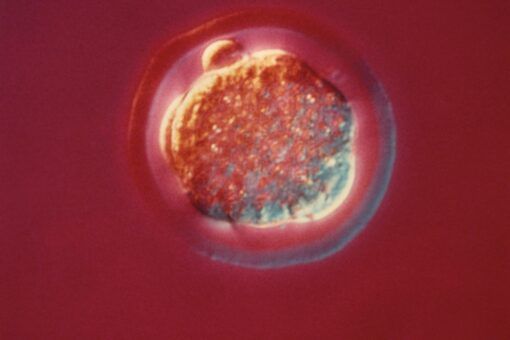
Currently, SCBEMs are not explicitly covered by UK laws or regulations, and there is a lack of professional guidance and standards for research. We know ethical challenges emerge when scientific advancements outpace regulatory frameworks, which is why the NCOB is currently undertaking a rapid review of the ethical and regulatory issues arising from SCBEMs. Our review will conclude in November, and we will be considering today’s publication within the evidence we gather.
We are pleased to see this work published, which shows that there is clear motivation in the field to ensure that research is informed by ethical considerations. We will consider this guidance and the proposals for oversight mechanisms in our review and hope to contribute clear and practical recommendations for the wider governance of this research.
Emma Cave, Professor of Healthcare Law at the University of Durham and Chair of the NCOB working group on embryo models
The new CoP, developed by a team of UK researchers and practitioners, led by Cambridge Reproduction, in partnership with the Progress Educational Trust, seeks to provide a set of principles for researchers working with SCBEMs. They also propose setting up an oversight process for these types of studies to be reviewed by an independent committee, and having a register of research that is specific this this field of work.
The team has said that they hope funders, publishers and institutions will voluntarily sign up to the code. They are also encouraging further discussion on how the oversight mechanisms they map out might operate in practice.